Monarch Campaign Ideas / Plight of the Monarch
runmede
10 years ago
Related Stories
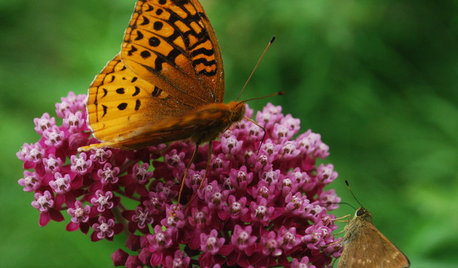
GARDENING GUIDESGreat Design Plant: Asclepias Incarnata for a Butterfly Garden
Beautiful swamp milkweed makes it easy to help monarchs and other pollinators in eastern U.S. gardens
Full Story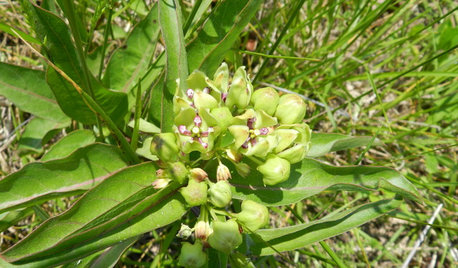
GARDENING GUIDESGreat Design Plant: Asclepias Viridis
Green antelopehorn is a milkweed that is short, drought-tolerant, not aggressive and a monarch favorite
Full Story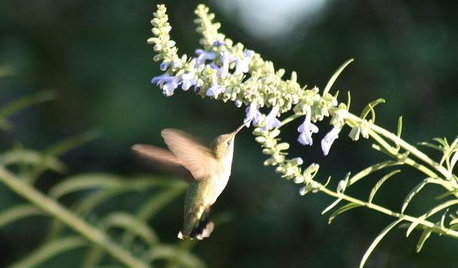
GARDENING GUIDESHow to Find the Right Native Plants for Your Yard
Find plant maps, sale sites and guides that make going native in the garden easier than ever
Full Story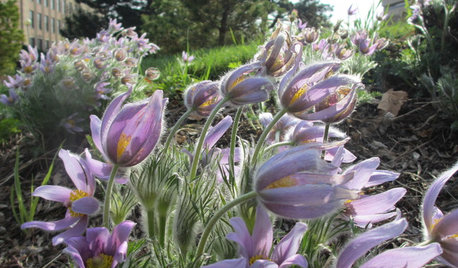
GARDENING GUIDES6 Plants That Beat Butterfly Bush for the Wildlife Draw
It's invasive, a nonnative and a poor insect magnet. Check out these better alternatives to butterfly bush in the garden
Full Story
GARDENING FOR BUTTERFLIESGardening for the Bees, and Why It’s a Good Thing
When you discover how hard bees work for our food supply, you may never garden without them in mind again
Full Story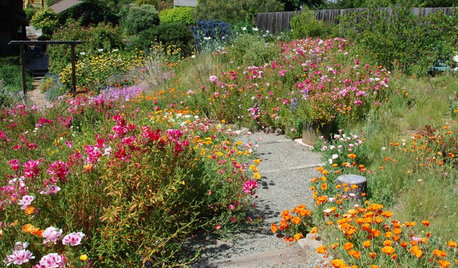
EARTH DAYHow to Design a Garden for Native Bees
Create a garden that not only looks beautiful but also nurtures native bees — and helps other wildlife in the process
Full Story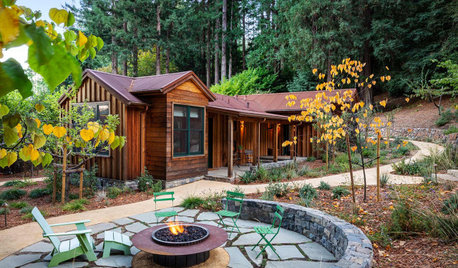
FALL GARDENING7 Reasons Not to Clean Up Your Fall Garden
Before you pluck and rake, consider wildlife, the health of your plants and your own right to relax
Full Story
MOST POPULARAn Architect's Guide to Color
Color is beckoning this season, and one architect is heeding the call with variations on his favorite color to tempt your house's palette
Full Story


docmom_gw
ponyexpress_1
Related Professionals
Cary Landscape Architects & Landscape Designers · Wake Forest Landscape Contractors · Bristol Landscape Contractors · Oviedo Landscape Contractors · Paterson Landscape Contractors · Rancho Santa Margarita Landscape Contractors · San Rafael Landscape Contractors · Tustin Landscape Contractors · Ridgewood Fence Contractors · Aliso Viejo Fence Contractors · Oxnard Fence Contractors · Parker Fence Contractors · Santa Clarita Fence Contractors · Van Nuys Fence Contractors · Oxnard Window ContractorsrunmedeOriginal Author